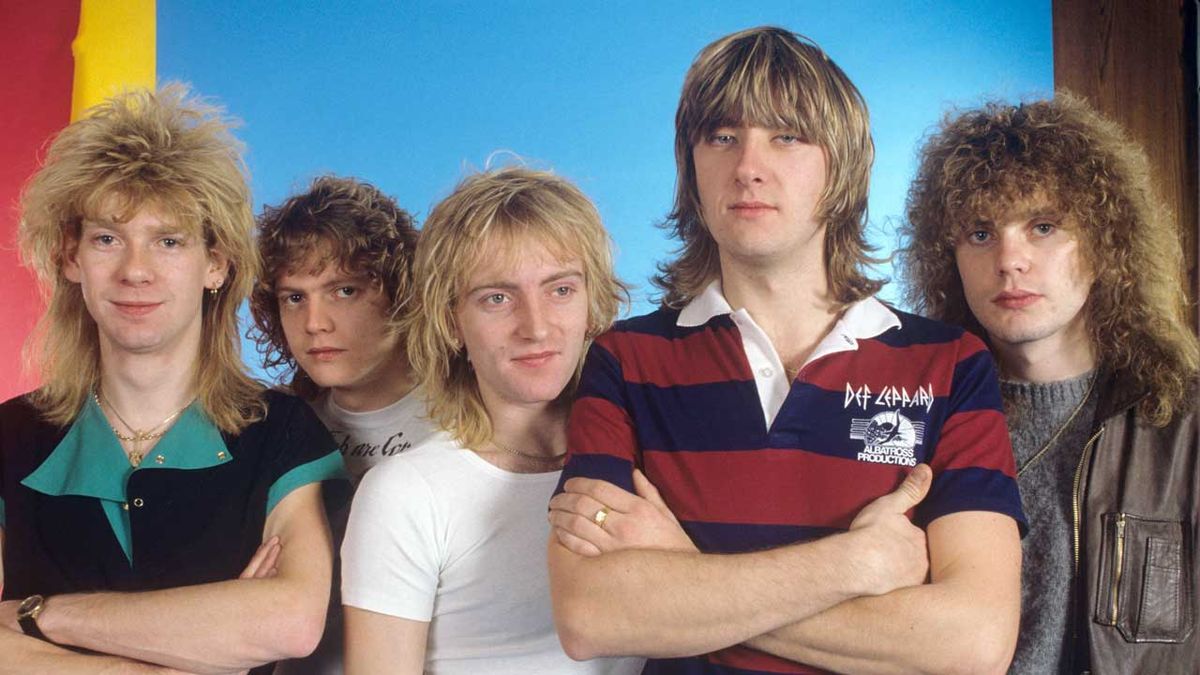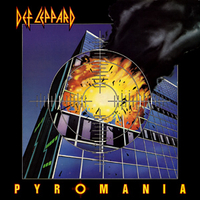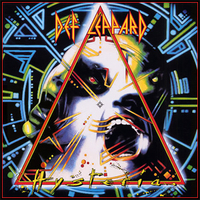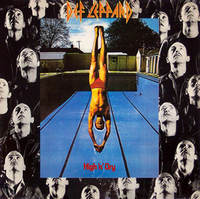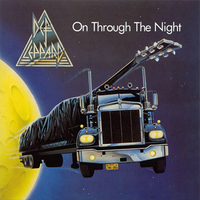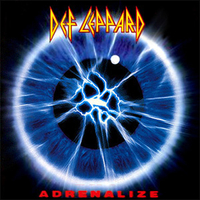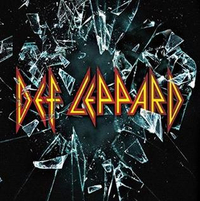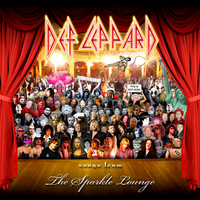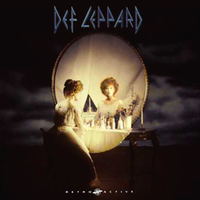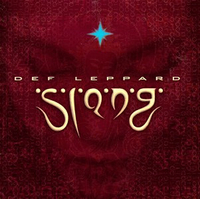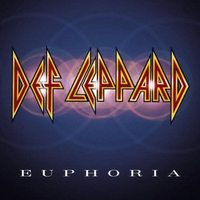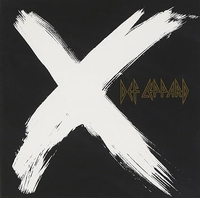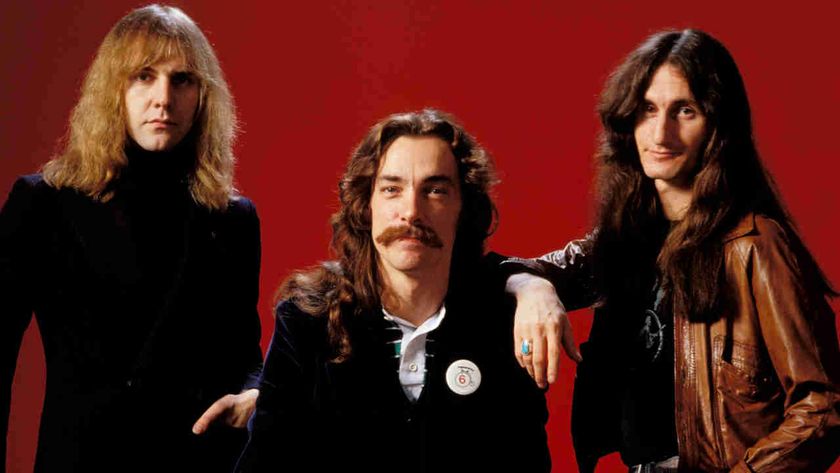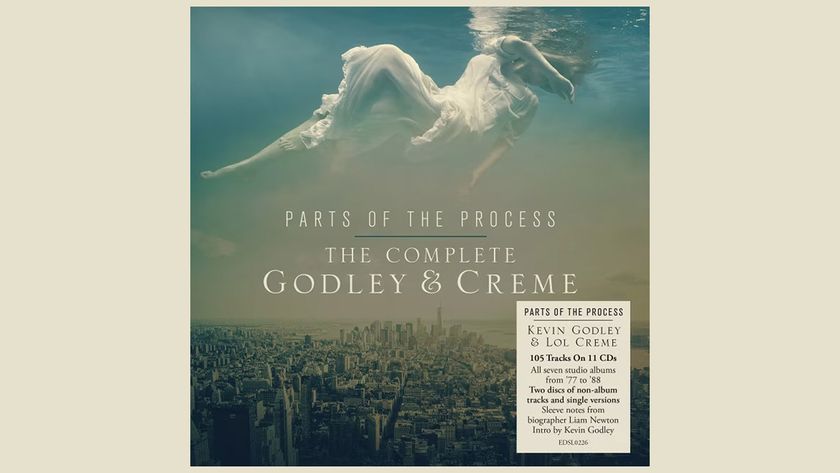If there’s one rock band that can truly be described as heroes, it’s Def Leppard. AC/DC overcame the death of singer Bon Scott to make the biggest-selling rock album of all time: Back In Black. Metallica recovered from the death of bassist Cliff Burton to become the most successful and influential metal band of the modern era.
But Def Leppard have suffered two tragedies: the car crash in 1984 in which drummer Rick Allen lost his left arm, and the alcohol-related death of guitarist Steve Clark in 1991. The fact that Def Leppard are still together in 2024, still making great music and playing to stadium audiences of 20,000, is testimony to the extraordinary courage and resolve of this great British rock band.
Having formed in Sheffield in 1977, Def Leppard were thinking big from the very start. Their name was inspired by Led Zeppelin, and the blueprint for their music was, as singer Joe Elliott has stated: “AC/DC meets Queen”.
In 1979 Leppard rose to prominence alongside Iron Maiden in the New Wave Of British Heavy Metal, although Leppard’s glam-inspired hard rock was radically different from what most NWOBHM bands were about.
“We wanted to be a pop-rock band,” Elliott says. “We wanted to do what Bowie and Bolan did. We had more in common with Duran Duran than with Iron Maiden!”
Leppard knew instinctively where their biggest audience was; they even wrote a song called Hello America. And when they teamed up with AC/DC producer Mutt Lange in the early 80s they hit the jackpot.
With Lange’s creative input earning him unofficial status as the band’s sixth member, Leppard conquered America with 1983’s Pyromania and 1987’s Hysteria, the first back-to-back albums ever to each sell seven million copies. Hysteria even made Def Leppard a household name back in Britain – a proud achievement for a band that famously sported Union Jack T-shirts during their US tours.
Undoubtedly it’s the phenomenal success of Pyromania and Hysteria that has extended Def Leppard’s career over 40 years, through some lean times when their feel-good rock has fallen out of fashion. But this is one band that never thought about quitting, not even in the darkest times. For Def Leppard a rock is never out of the question.

